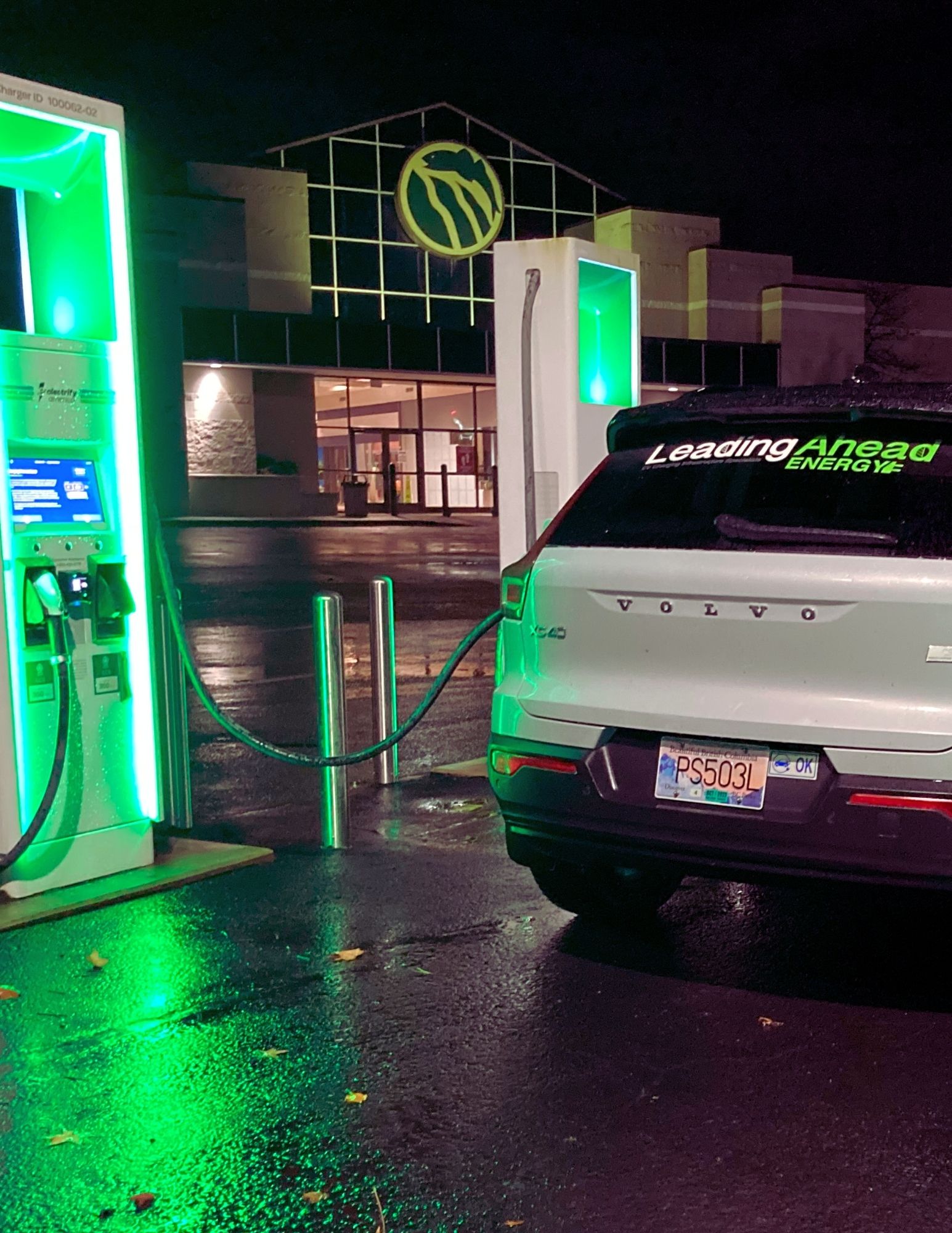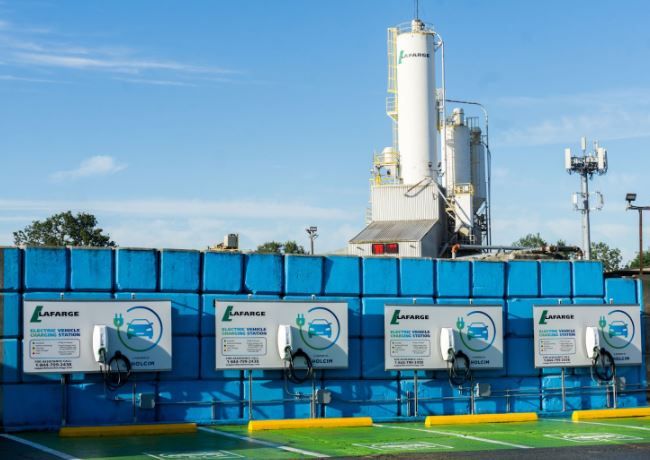
Overview
Designed to incentivize businesses and organizations to reduce their carbon emissions, install charging stations and encourage the adoption of EVs.
To earn carbon credits through the installation of EV charging infrastructure, organizations typically need to register their project with a recognized carbon credit program and follow the program’s guidelines and reporting requirements. This can reward businesses, property owners and other stakeholders for the installation and use of EV charging stations.
Service Highlights
We collect and gather the data needed, manage the reporting and sell on your behalf.
First Capital REIT
Commercial Portfolio Retrofit
“LeadingAhead’s knowledge and expertise in the EV charging market has helped us decide upon the best EV charging hardware and network operator combination for our program’s requirements and over asset portfolio.”
VP ESG – First Capital REIT
Read Full Case Study
Carbon credit programs are the government’s effort to reduce greenhouse gas emissions and combat climate change
The programs are designed to incentivize businesses, organizations, and individuals to reduce their carbon emissions by allowing them to earn credits for every tonne of carbon dioxide equivalent (CO2e) that they reduce or remove from the atmosphere. These credits can then be bought and sold on the carbon market, allowing companies and organizations to offset their own emissions by purchasing credits from others who have reduced their emissions.
Promotes the use of Electric Vehicles
By installing EV charging stations, organizations can help to reduce greenhouse gas emissions by encouraging the use of electric vehicles, which do not emit tailpipe emissions and have significantly lower lifecycle emissions compared to conventional gasoline-powered vehicles. To earn carbon credits through the installation of EV charging infrastructure, organizations typically need to register their project with a recognized carbon credit program and follow the program’s guidelines and reporting requirements.
Various Carbon Credit Programs
In Canada, there are currently two carbon credits programs that organizations can participate in, including the federal government’s Clean Fuel Standard (CFS) and British Columbia’s Low Carbon Fuel Standard (LCFS) program. Both permit electric vehicle charging stations to generate carbon credits that may be sold in a public market but in different ways.
In the US, there are currently a number of States that have Low Carbon Fuel Standard (LCFS) programs in place like California that are designed to reduce greenhouse gas emissions. The amount of potential LCFS credit revenue generated is primarily dependent on how much energy is used at the charging station and the price for LCFS credits in each market.
Our company is committed to providing our customers with the tools and resources they need to maximize their ROI on EV charging infrastructure while reducing their carbon footprint and promoting sustainable transportation.
For more information on carbon credits in your region, please visit contact us directly.

